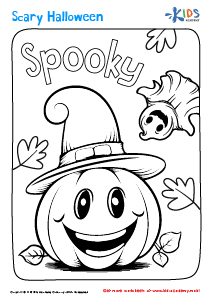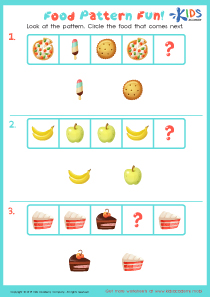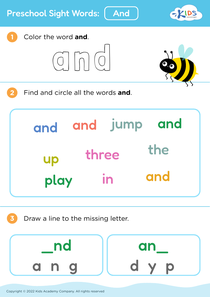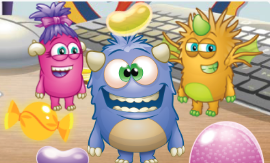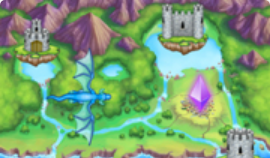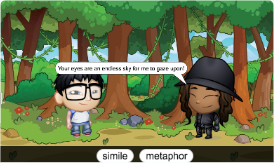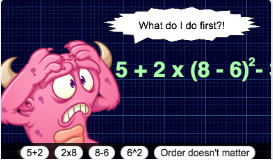Math Lessons | Shapes for Ages 4-5
10 results
Introducing our "Shapes for Ages 4-5" learning series, designed to captivate and educate young minds on the fascinating world of shapes! Through a blend of interactive worksheets, engaging educational videos, and stimulating assessment quizzes, children embark on a colorful journey to explore circles, squares, triangles, and more. This comprehensive program combines fun and learning, making it perfect for preschoolers. Each lesson is tailored to foster recognition, understanding, and the ability to distinguish various shapes, setting a strong foundation for mathematical learning. Dive into our Shapes for Ages 4-5 series and watch your child’s geometry skills blossom!
In the delightful world of early childhood education, understanding the basic concepts of geometry can be both an amusing and enlightening journey for young learners. Our meticulously designed module on Shapes for Ages 4-5 is specifically tailored to captivate and educate children in this critical developmental stage. Through a harmonious blend of interactive worksheets, enriching educational videos, and engaging assessment quizzes, we offer a comprehensive learning experience that significantly benefits children in their studies and everyday life.
The foundation of our Shapes for Ages 4-5 lessons lies in making learning an enjoyable adventure. By introducing various geometric shapes through colorful and interactive worksheets, children can touch, feel, and visually grasp the differences and characteristics of each shape. This hands-on approach not only enhances their cognitive skills but also improves their fine motor skills as they trace, draw, and color shapes.
Moreover, the incorporation of educational videos into our curriculum adds an extra layer of engagement. These videos are not just animated sequences; they are carefully crafted stories and songs that introduce shapes in the context of the world around us. Through these visual and auditory stimuli, children are more likely to retain information, making the learning process both effective and memorable.
Another critical aspect of our Shapes for Ages 4-5 lessons is the use of assessment quizzes. While the word 'assessment' might sound daunting, our quizzes are designed to be child-friendly and encouraging. These quizzes serve as checkpoints, allowing both educators and parents to gauge a child’s understanding of the topic in a stress-free environment. They are also fantastic tools for reinforcing learned concepts and boosting the child's confidence as they witness their own progress.
The benefits of our Shapes for Ages 4-5 lessons extend far beyond the classroom. Recognizing and understanding shapes is a fundamental skill that plays a significant role in children's cognitive development. It enhances their spatial reasoning, a critical component in problem-solving tasks, and mathematical concepts they will encounter as they advance in their academic journey. By recognizing shapes, children also improve their descriptive language skills, as they learn to notice and verbalize details about their environment.
Furthermore, our lessons are designed to encourage curiosity and an exploratory mindset. Children learn to observe and analyze the shapes that make up the world around them, from the circular wheels on a bus to the rectangular bricks in a building. This not only enriches their learning experience but also fosters a deeper connection with their environment.
In conclusion, our Shapes for Ages 4-5 curriculum is more than just an educational program; it's a foundation builder for young learners. Through engaging interactive worksheets, captivating educational videos, and encouraging assessment quizzes, children are equipped with the essential skills and knowledge that support their academic growth and everyday experiences. By investing in their understanding of shapes, we are nurturing a generation of keen observers, critical thinkers, and lifelong learners.


